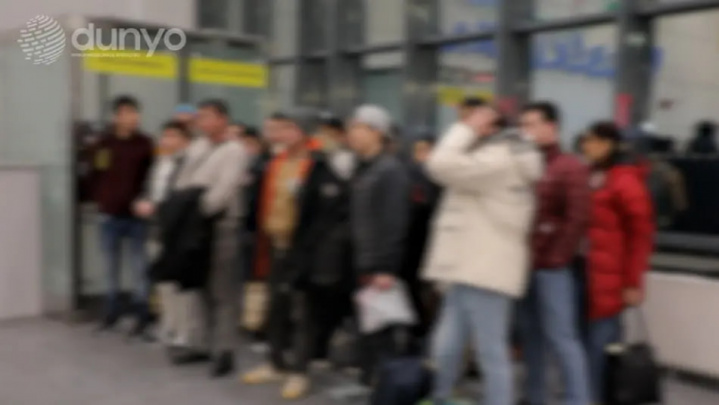Freight tariffs, social cards, and migrant support: Key changes in Uzbekistan from December 1
Starting December 1, 2024, Uzbekistan will see the introduction of several legislative and policy reforms aimed at improving opportunities for labor migrants, advancing digitalization, and streamlining services across various sectors. These changes are set to enhance social protection, labor migration processes, and administrative efficiency.

Photo: KUN.UZ
Support for labor migrants
The presidential decree on "Additional Measures to Regulate Labor Migration Abroad" introduces critical updates to facilitate the employment of Uzbek citizens abroad:
- Reduced licensing reserve requirements: The reserve funds required for private employment agencies to obtain licenses will be decreased from 8,500 to 4,000 base calculation units (BCUs).
- Flexible fund usage: Agencies can now deposit reserve funds in commercial banks and freely use interest income while ensuring the principal remains untouched.
- Open tender allocation: Proposals from foreign employers and recruitment organizations will be distributed among private agencies through open tenders by the Migration Agency.
Additionally, state grants and education loans will support skills development and language training for prospective migrants. A rating system will also be introduced for language teachers, with top performers receiving financial incentives.
Social payments and digitalization
The government is introducing “Social Cards” to digitize social payments and subsidies. Starting December 1, these cards will be piloted in Tashkent and Yangiyul District, allowing payments for child benefits, disability allowances, and other welfare programs to be fully automated.
In tandem, a Registry of Low-Income Families will be established to identify and support families in need, integrating them into employment opportunities while preserving their benefits for up to six months post-employment.
Freight tariff adjustments
Uzbekistan Railways will increase freight transportation tariffs on domestically operated wagons by 30% for the wagon component of services. This adjustment, driven by rising operational costs, will result in an 8–10% overall increase in freight tariffs depending on wagon type.
New social protection mechanisms
A “Registry of Obligations” will be introduced to ensure the enforcement of court and other legal decisions. Managed by the Bureau of Compulsory Execution, the registry will maintain records of debtors, including those unable to fulfill obligations due to insufficient assets.
Enhanced public services
Reforms also aim to improve access to state services. For example, services related to migration, vehicle registration, and licensing can now be requested via digital platforms, further streamlining citizen interactions with government bodies.
Support for agriculture and entrepreneurship
A "Fruit and Vegetable Producer Rating" system will be launched to evaluate producers and assist processors and exporters. This rating will be published annually to promote transparency and encourage competition in the agricultural sector.
Related News

15:41 / 12.02.2026
Uzbekistan repatriates 21 nationals for breaching Swedish migration rules

13:55 / 10.02.2026
Uzbekistan to cover repatriation costs for deceased labor migrants

16:07 / 28.01.2026
Protests erupt in Turkey after Uzbek migrant woman is killed in Istanbul

10:21 / 28.01.2026




